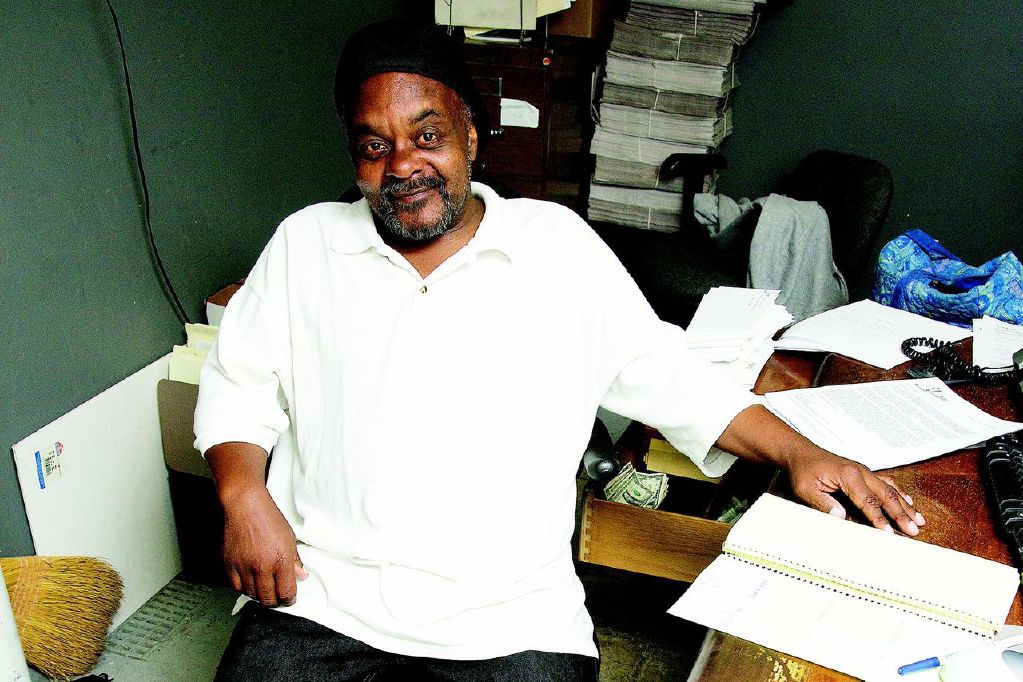On March 21, a group of homeless advocates and homeless and formerly homeless people visited Boston City Hall for a hearing with members of the Boston City Council to secure the mayor’s support for funding the Housing Voucher Program. The goal was to develop a program that would use city funds to house individuals and families experiencing homelessness through the housing-first model program. That program has had great success in Washington DC.
Many of the people at the hearing spoke of the frustration of seeking low-income housing in Boston. It can take five or more years to obtain a housing voucher. I was unable to attend the hearing, but through this column, I would like to lend my voice to those who spoke that day. During the time I was homeless before working for Spare Change News, a lot of things frustrated me. It wasn’t that I was frustrated by the system that’s supposed to help you get housing but rather by the system as a whole: it was lethargic and unorganized. It still is, with many obstacles to overcome. The housing workers who are there to help are overworked and some just don’t care. It’s a system that is not designed to get you out. No one should have to wait 5–10 years to obtain housing.
Some of the obstacles that hampered me might seem simple to most people, like having a Massachusetts identification card or a social security card. When you’re homeless, it can be incredibly difficult to obtain these things because you’re more worried about where you’re going to spend the night. I was young, and I can image how hard it must be for homeless youths and many other homeless folks to navigate the system.
Having a criminal record also hampers you. Some people might never get housing no matter how old their record is. I was never able to get low-income housing. Not that it would have made a difference, because the rents in Boston are so high that once you obtain a voucher, you aren’t able to use it in the city. Instead of returning to your neighborhood or staying close to loved ones, you’re forced to move farther away. Otherwise, you’ll lose the voucher. When you have to settle for anything just so you won’t lose your voucher, you could even end up living in a building owned by a slumlord.
A voucher program funded by the city makes sense. The voucher amount would be based on the cost of living in the city. That would make it less likely people would have to leave the city, and they could return to their neighborhood if they chose to. They also wouldn’t have to travel many miles to visit family or receive medical services. It’d certainly be a lot less frustrating.

Leave a Reply
You must be logged in to post a comment.